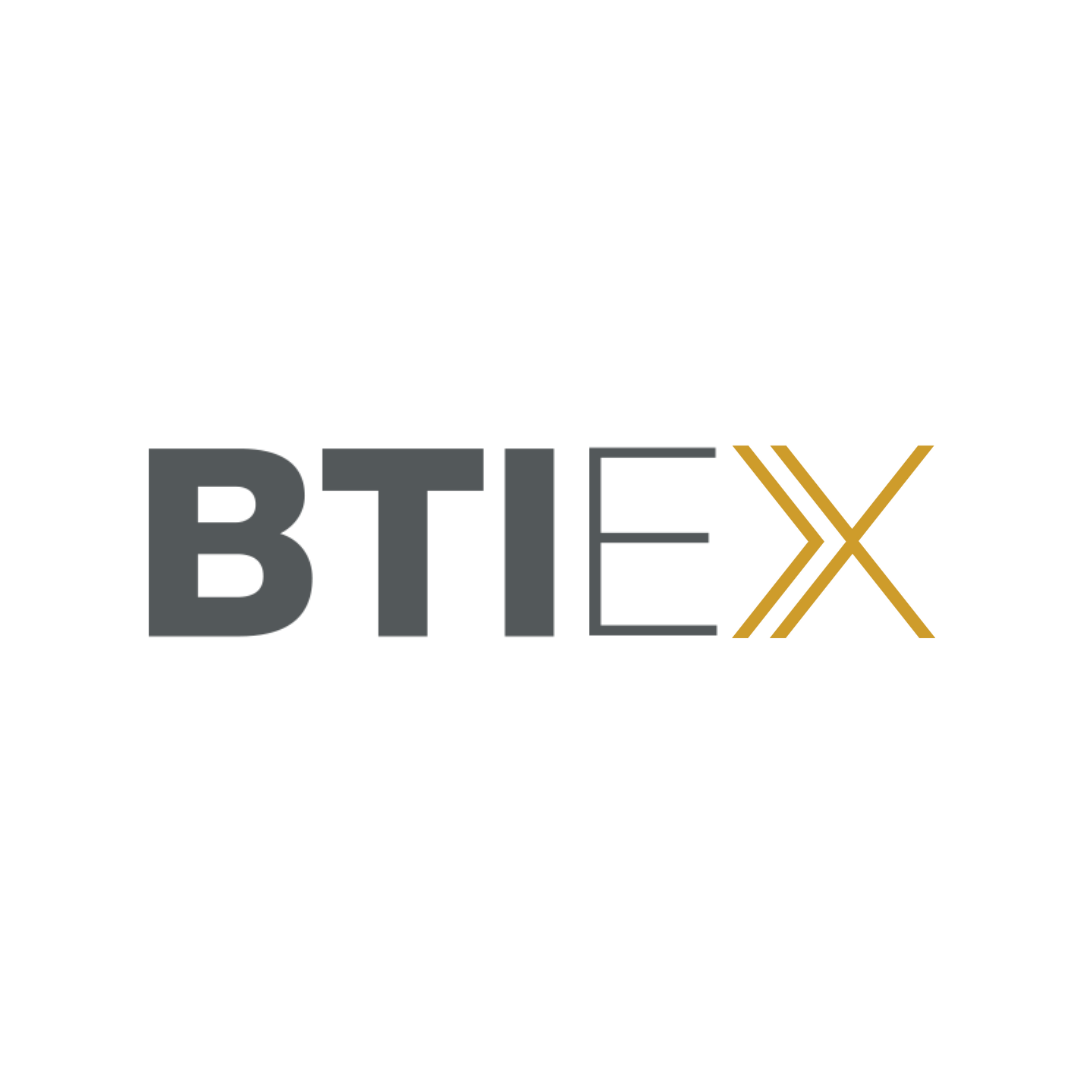A sea of change
In the evolving global trade and investment landscape post-COVID, marked by high-interest rates, inflation, and geopolitical tensions, there is a notable trend of increasing collaboration and interconnection between the Middle East and Asia. Investors from these regions find compelling opportunities in each other’s capital markets, driven by factors such as robust economic growth, improved market infrastructure, and a flourishing IPO landscape.
Opportunities of Growth
The rise of portfolio flows between emerging markets, particularly evident between the Middle East and Asia, highlights a significant shift in global financial markets. This growing investment corridor is poised to gain further significance in the coming years as both regions undergo transformative economic changes. The Middle East and Asia share impressive rates of economic growth, with the Gulf Cooperation Council (GCC) economies charting 7.3% in 2022 and Asian nations like India leading with GDP growth of 7.2% in 2023 vs Global GDP growth of 2.6 in 2023% * (World Bank estimates).
Embracing Opportunities
In both regions, emerging new growth drivers, including sectors such as electric vehicles, renewable energy, e-commerce, and FinTech, present attractive investment opportunities. Economic diversification initiatives, exemplified by Saudi Arabia’s Vision 2030 and the UAE’s ambitious plans, underscore a strategic shift towards sustainable growth and increased global investment. The burgeoning IPO pipelines in the GCC and Asia reflect the buoyant investment climate, with investors actively seeking exposure to diverse sectors and innovative companies.
A Strategic Approach
The collaboration between Middle Eastern and Asian investors underscores the importance of regional partnerships and cross-border investment opportunities. As both regions continue to navigate dynamic economic shifts and capitalize on emerging trends, there is considerable potential for mutually beneficial investments and strategic alliances, driving sustainable growth and prosperity across the Middle East and Asia.
Our Value Proposition
BTI Executive Search’s presence across 8 key markets in Asia, notably Singapore, Malaysia, India, Indonesia, China, Hong Kong, Thailand & Australia and coverage across 13 industry sectors enables us in providing best in class and strategic talent hiring for our clients.
Our BFSI practice, which leverages our deep-rooted network, industry insights and experienced industry consultants, provides a consultative and advisory methodology that has served our clients well over the years. If you’ve encountered similar challenges or have insights into navigating markets like GCC, we’d love to hear your experiences. Together, let’s chart out the territories and connect the dots in this vast economic landscape.
By Sheonglam Liew – Director of BFSI of BTI Executive Search of Singapore & Malaysia, and May Tan – Senior Consultant of BFSI BTI Executive Search Singapore.
Sheonglam is an ex-banker turn headhunter, he is a specialist recruiter with strong financial services industry knowledge and network. With an established track record in placing mid to senior-level candidates, he has strong domain knowledge across Retail SME Banking, Commercial and Corporate Investment bank. With over 18 years of experience in banking and recruitment, he is often sought out by clients and candidates in their career and talent needs.
May Tan brings with her more than 15 years of experience in Human Resources across Banking, retail, call center & services sector. Coupled with her most recent in house role as Human Resource Manager with a Regional Taiwanese Bank, she has successfully worked on senior corporate functions to middle management and junior support positions across full spectrum of Risk, Operations, Compliance & Human Resource.
Should you wish to delve deeper into the GCC market’s intricacies or explore potential collaborations, feel free to reach out to Sheonglam or May. Let’s embark on this journey together, leveraging our combined expertise for mutual growth and success.
Related Article




